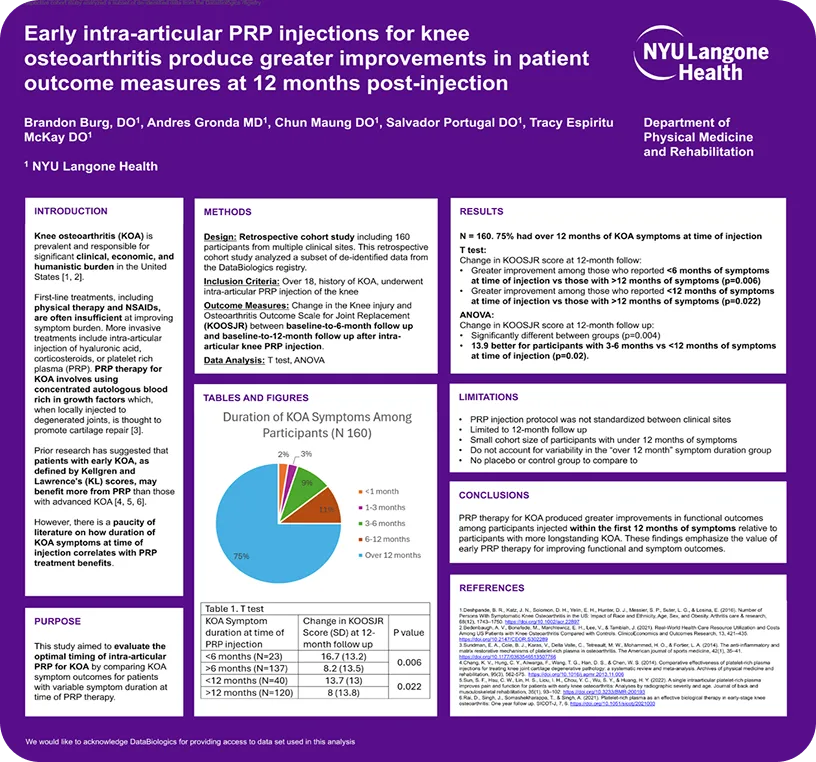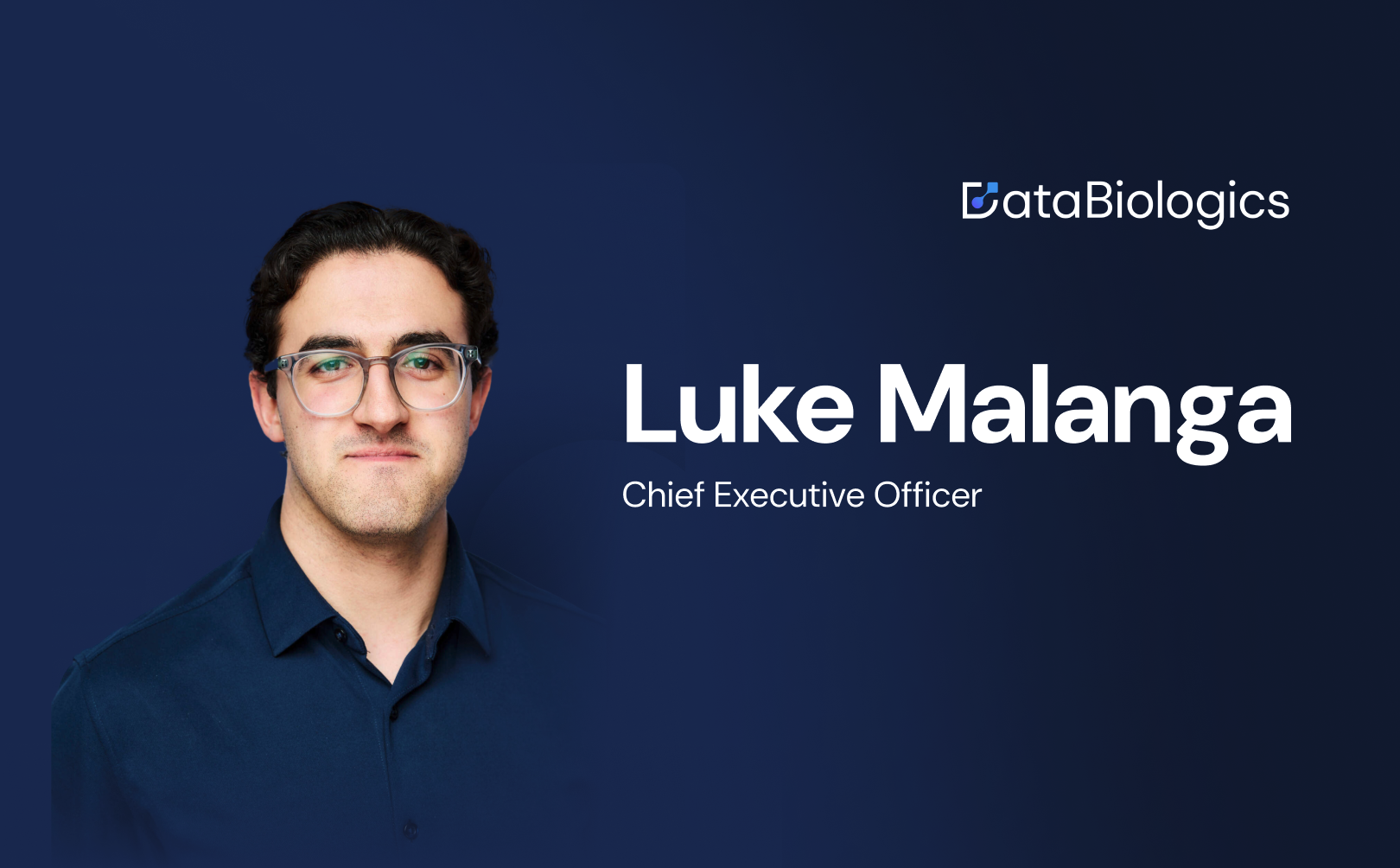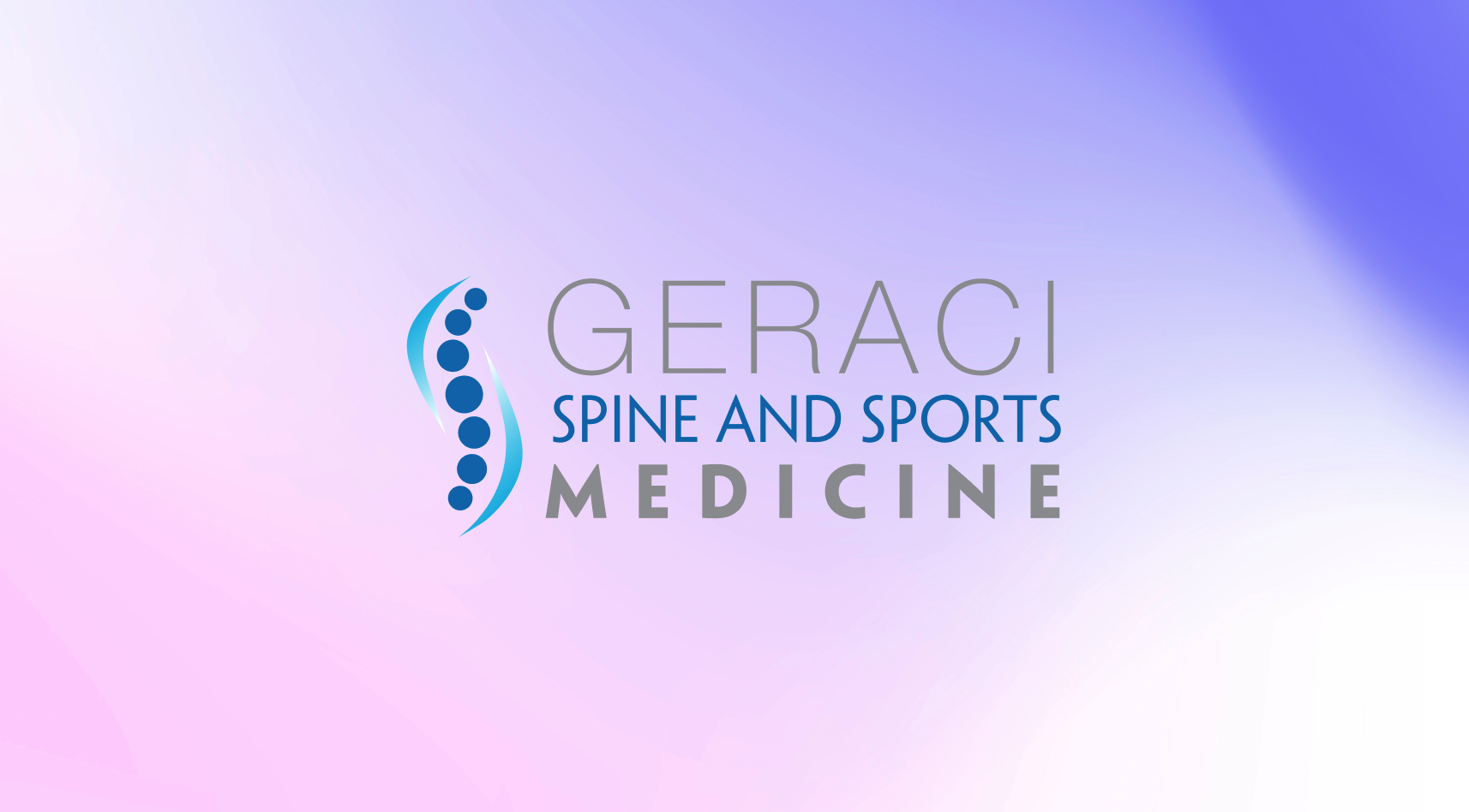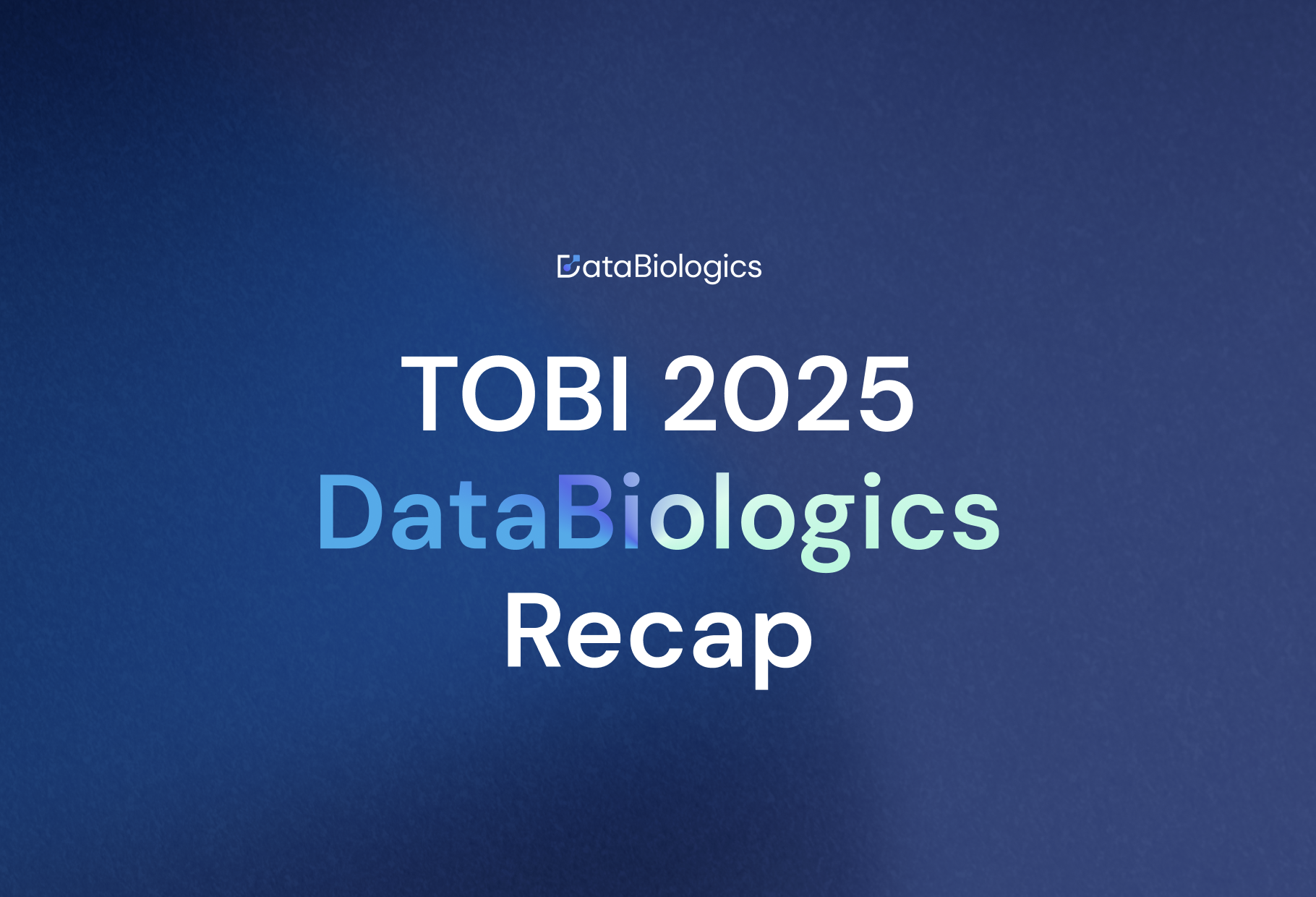A New Model for Resident-Led Research
In the rapidly evolving field of musculoskeletal medicine, resident physicians are often faced with clinical questions that go unanswered in traditional academic literature. At NYU Langone Health’s Department of Physical Medicine & Rehabilitation, one group of residents decided to take a different approach — leveraging real-world outcomes data from the DataBiologics registry to investigate their hypothesis and present it on a national stage.
What began as a curiosity about platelet-rich plasma (PRP) treatment timing led to a research project, culminating in a poster presentation at the 2025 American Osteopathic Academy of Sports Medicine (AOASM) Annual Meeting.
Turning a Clinical Question Into a Research Project
Like many physicians-in-training, the NYU Langone Rusk Rehabilitation residents — Drs. Brandon Burg, Andres Gronda, Chun Maung — were seeing firsthand the increasing use of orthobiologic treatments like PRP in clinical practice. They asked a fundamental but understudied question: Does timing of PRP administration affect outcomes for patients with knee osteoarthritis?
To find some early answers they turned to the DataBiologics registry.
Leveraging the Registry: Access, Speed, and Scale
With the support of DataBiologics, the residents gained access to a large, de-identified dataset of patients who had undergone PRP therapy for knee osteoarthritis. This access allowed them to:
- Segment patient populations based on symptom duration at the time of treatment
- Run analyses quickly using existing outcome measures like KOOS JR
- Bypass typical research bottlenecks, such as long IRB approval or manual chart review
Within a few weeks, the team had built a retrospective cohort study from the real-world data.
Stop Guessing. Start Tracking.


From Data to Dialogue: Presenting at AOASM
After completing their analysis, the team drafted a research manuscript and submitted an abstract to the AOASM. Their project was accepted as a poster presentation, joining other resident and fellow contributions from across the country.The poster summarized their real-world findings and highlighted how registry data can be used to answer relevant clinical questions.
View the findings here.

Redefining What’s Possible for Early-Career Physicians
This project marked more than just a successful abstract submission. It showcased how:
- Residents can drive innovation by accessing centralized outcomes data
- Collaborations between academic centers and platforms like DataBiologics unlock research potential that was previously out of reach
- Real-world evidence (RWE) is increasingly being recognized—and celebrated—at academic conferences
Enabling the New Generation of Clinical Researchers
By offering flexible, rapid access to structured outcome data, DataBiologics is helping redefine what's possible for research in training. This project serves as a blueprint for other academic programs looking to incorporate real-world registry data into resident research pathway whether it’s a retrospective study, a quality improvement initiative, or a collaborative publication.
Special thanks to NYU Langone Health and the authors of this paper for showcasing what’s possible when curiosity meets capability. DataBiologics is proud to support the next generation of physician-scientists.



.png)







